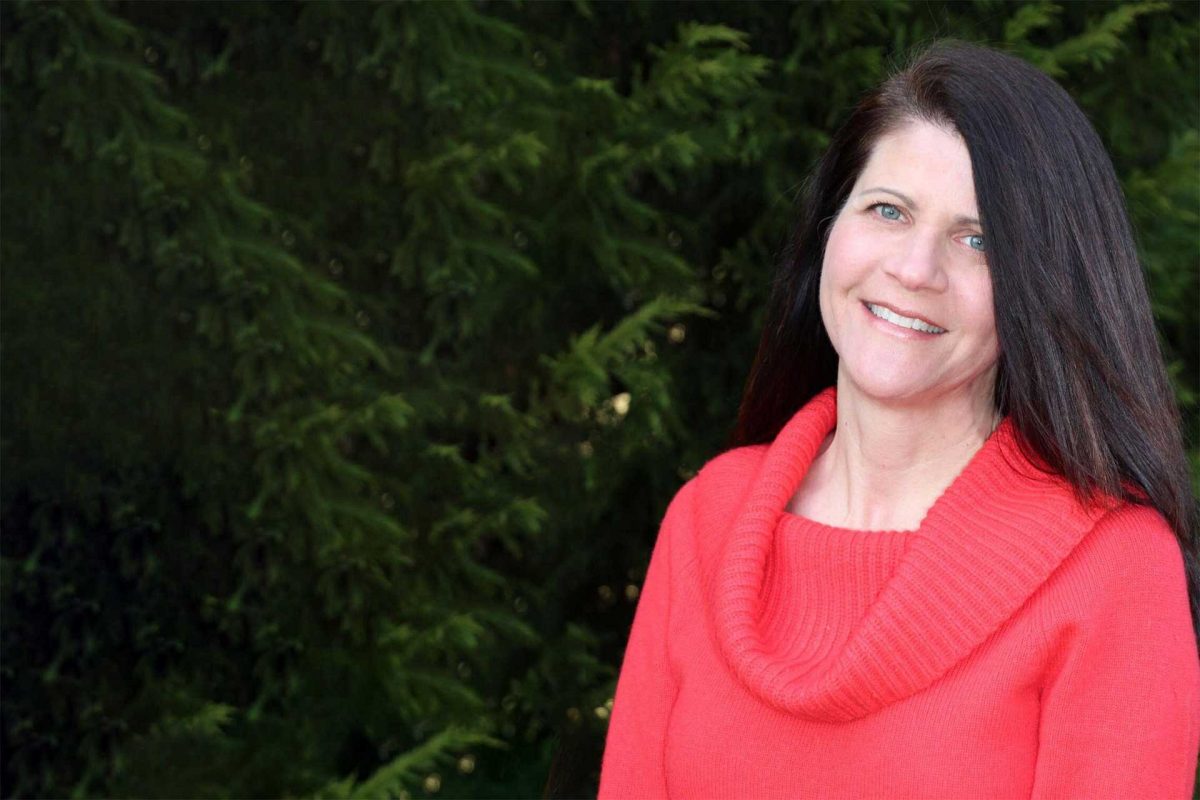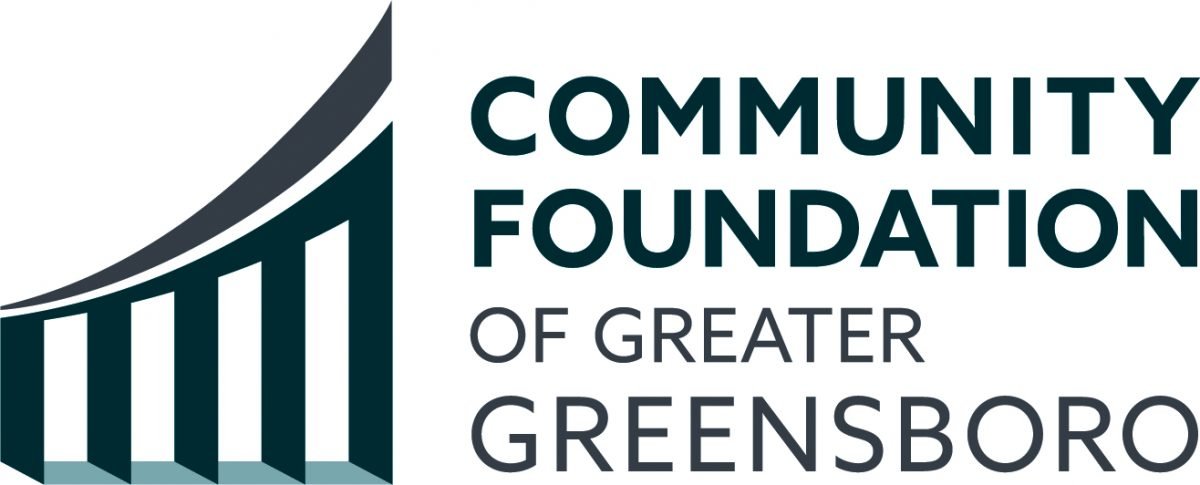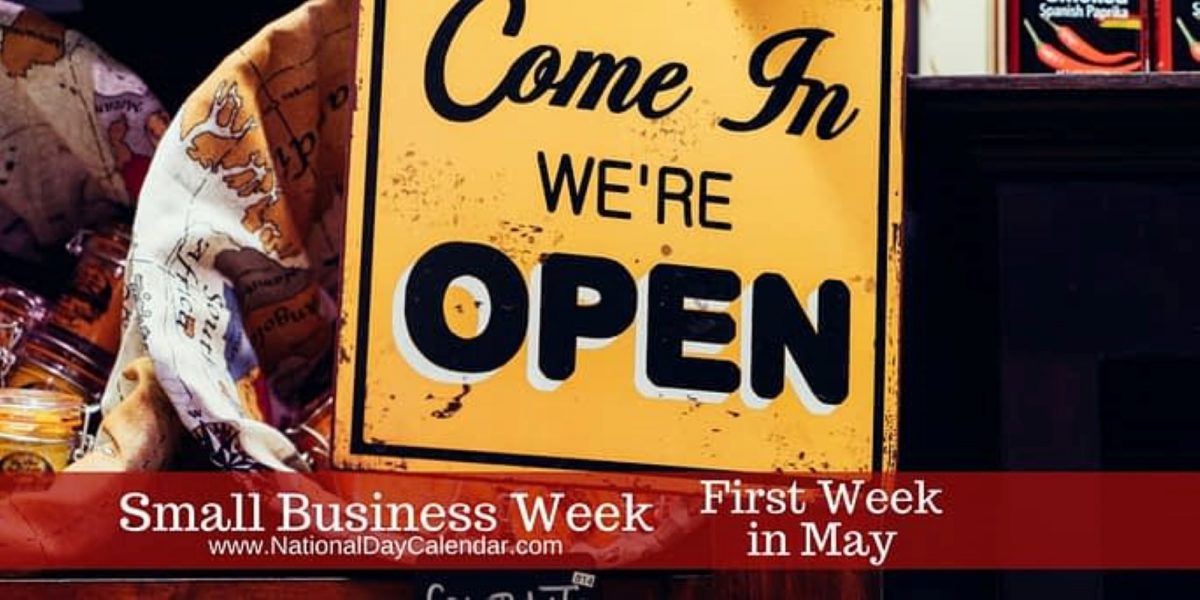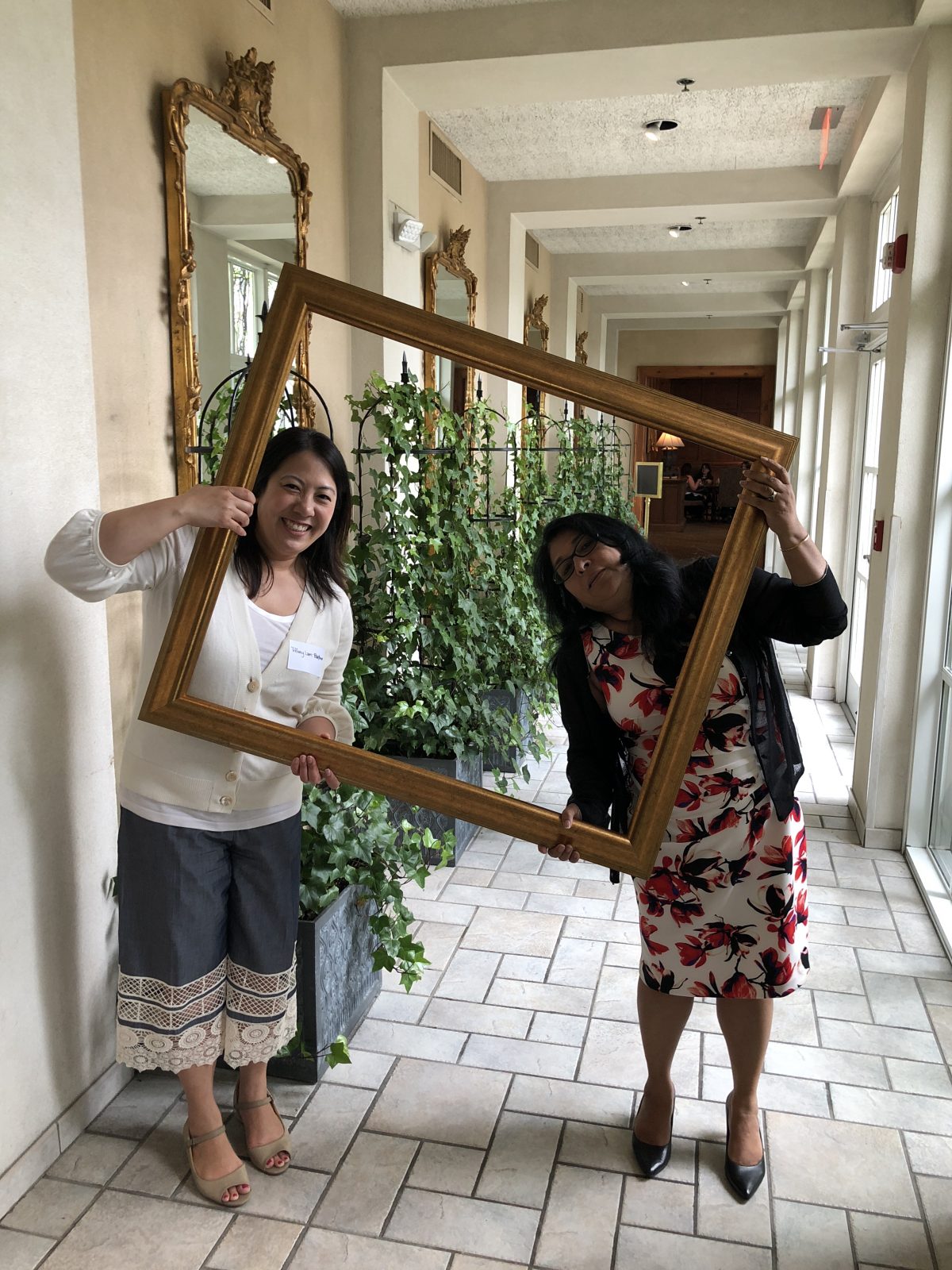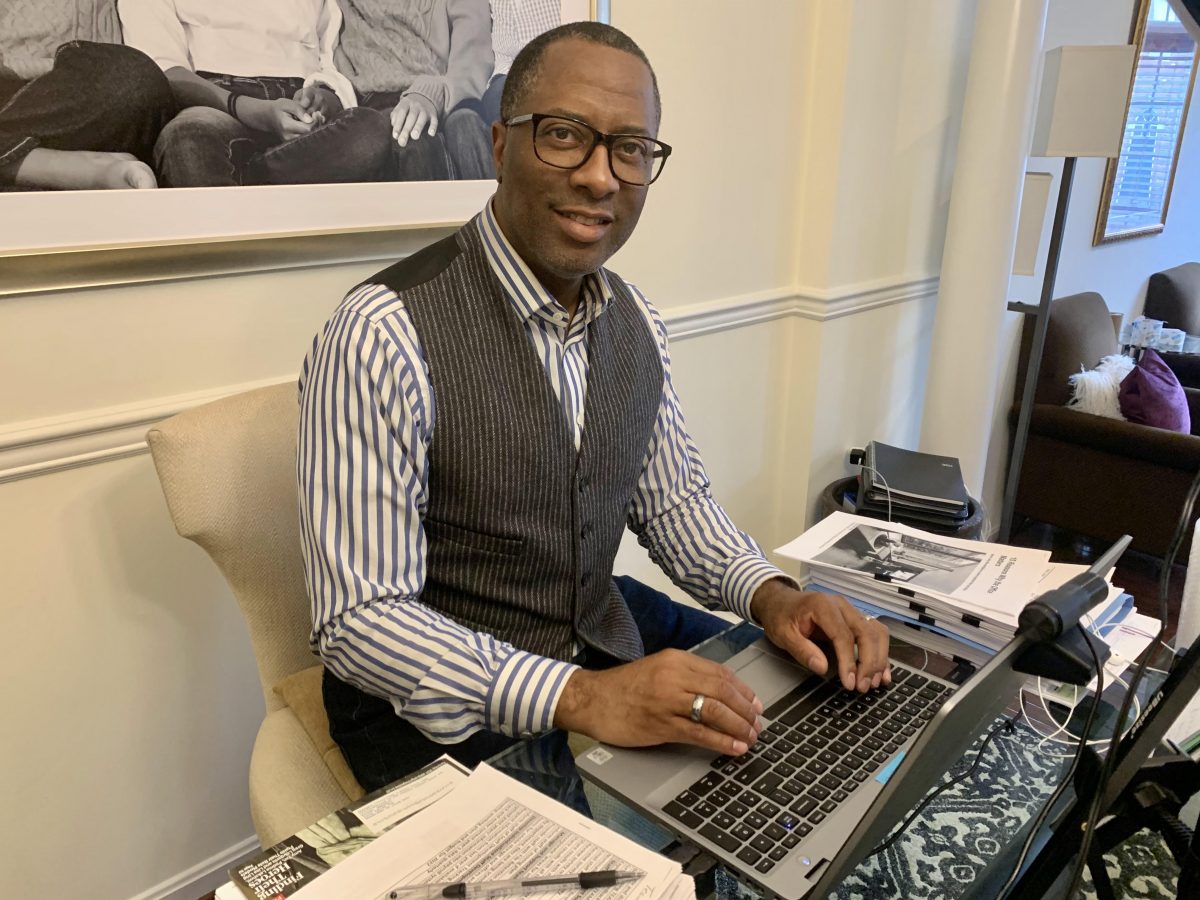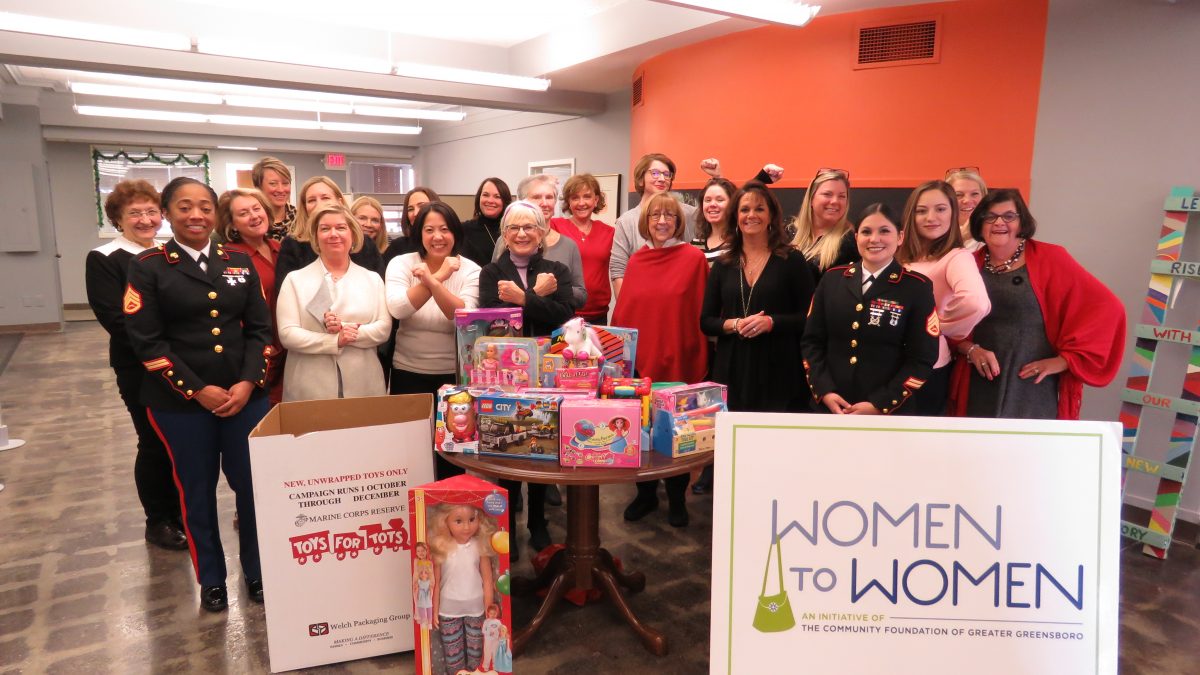May is Asian Pacific American Heritage month. In the early days of the pandemic, we saw an increase in hateful words and actions against the Asian community across this country. We saw it happen again in March this year after the hate killings of Asians in Atlanta. And it continues today.
Two members of the CFGG Board, Tiffany Lam-Balfour and Uma Avva, are of Asian descent, and they wrote an op-ed, along with Athan Lindsay, which appeared in the Greensboro News and Record on May 10, 2020. In honor of this month, we thought it was important to reprise that article for you all to read again.
The Community Foundation of Greater Greensboro was founded in 1983 with inclusiveness as one of our core values. Looking forward, we believe it is important to be intentional on our journey to be the champion of all people in our community and to “walk the walk” – both internally and externally.
R. Ross Harris – VP, Marketing and Communications
“Greensboro hasn’t been immune from harassment of Asian Americans”
Greensboro News and Record, May 10, 2020
Since the arrival of the coronavirus in the U.S., there have been widespread reports of increasing verbal and physical acts of violence aimed at Asian Americans across the country. References to COVID-19 as the “Chinese virus” have also played a role in making Chinese Americans and others within the ethnically diverse Pan-Asian community targets for scapegoating and blame.
The Center for Public Integrity’s recent survey found that more than 30% of Americans have witnessed someone blaming Asian people for the pandemic. Stop AAPI Hate, an effort tracking these cases nationally, reported about 1,500 instances of harassment against Asian Americans in a one-month period since mid-March. Sadly, this report includes serious incidents of violence, such as:
- An Asian American family, including two children, being stabbed at a Sam’s Club in Texas in March.
- An Asian woman suffering severe burns after being attacked with acid in New York City.
- A 16-year-old boy in California being physically attacked by bullies who accused him of having the virus.
And it’s happening here in Greensboro — yes, right here in Greensboro.
Whether it’s receiving side-eye when seen wearing a mask or glares when a tickle in your throat causes an inadvertent cough; being sprayed at with Lysol when returning to work after caring for a sick child; being spat and coughed upon in a deliberate and theatrical manner; or being refused entry to a business because of “concern for health reasons,” these and other acts of intolerance are confronting our Asian American community every day.
Korean actor John Cho writes, “The pandemic is reminding us that our belonging is conditional. One moment we are Americans, the next we are all foreigners who ‘brought’ the virus here.” Cho also explains that since some stereotypes of Asians are complimentary (being the model minority known to be hardworking and good at math) it “makes people think that anti-Asian sentiment is somehow less serious, that it’s racism lite. That allows us to dismiss the current wave of Asian hate crimes as trivial, isolated and unimportant.”
We are all experiencing significant stress from the effects of this virus on our daily lives. Imagine the added stress of having your ethnicity linked to the cause of the crisis and being afraid of being verbally or physically attacked whenever you go outside.
Unfortunately, this is the reality that some of our most caring, civic-minded and philanthropic community members are experiencing.
The Community Foundation of Greater Greensboro stands with the members of the Triad Pan Asian American Network, or TPAAN, Giving Circle to denounce all forms of viral racism and bigotry toward our Asian American community related to COVID-19 and beyond.
TPAAN is part of the Community Foundation of Greater Greensboro’s Expanding Community Giving initiative, which focuses on engaging more donors and increasing fundholders among racially and ethnically diverse residents. Not only does increasing the diversity of our donors yield a more authentic reflection of Greensboro, it also expands our conversations on racial inequities, bigotry and social isolation beyond the conventional framework of “black and white.”
The generosity of donors such as TPAAN allows your Community Foundation to respond to the many needs created as a result of this virus. TPAAN contributed $2,500 to the campaign to purchase laptops for Guilford County students. South Sea Outdoor Living, an Asian-owned furniture manufacturing business in Greensboro, changed its production to help provide face masks wherever they are needed (hospitals, medical facilities, frontline workers, service personnel, individuals). These are just two examples of the many ways Asian Americans throughout Greensboro and the Triad region are stepping up to support our community now, just as they have done prior to this crisis.
The racism and bigotry that TPAAN members have experienced and may continue to encounter during this pandemic must not be accepted. TPAAN has reminded us that as we continue to respond to COVID-19, we must also confront the resulting bigotry and racial biases as part of our response to this crisis.
We have witnessed incredible unity in our community, as people work together to safeguard our collective health and well-being to slow the spread of this global pandemic.
We have also seen fear, paranoia and blame disproportionately directed toward Asians and Asian Americans. Pointing fingers has never helped produce progress or create solutions.
We are facing more than a humanitarian crisis — we are facing a crisis of racism.
And unlike the rapidly evolving novel coronavirus, we know the antidote to racism.
It starts with naming it and standing in solidarity with the Asian American members of our community who are wrongly targeted for their ethnicity.
The Triad Pan Asian American Network Giving Circle and the Community Foundation of Greater Greensboro welcome you to stand with us.


